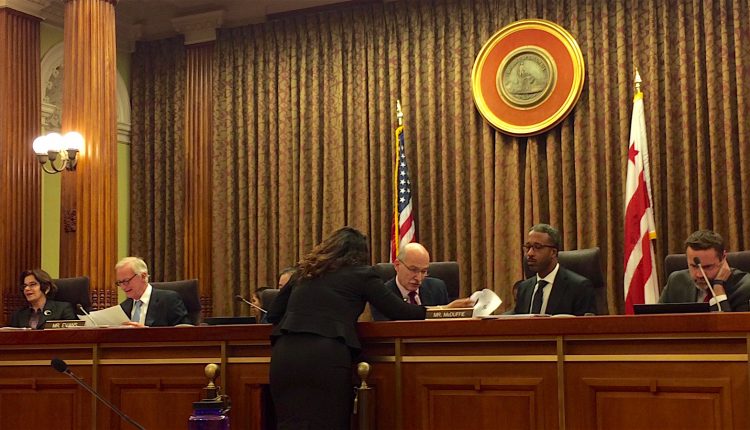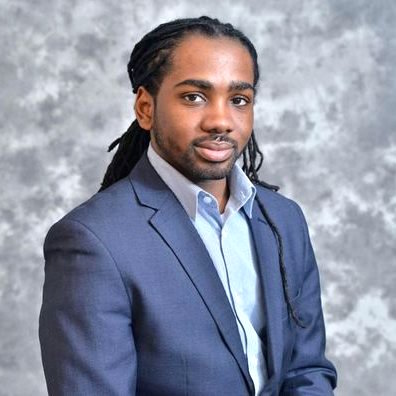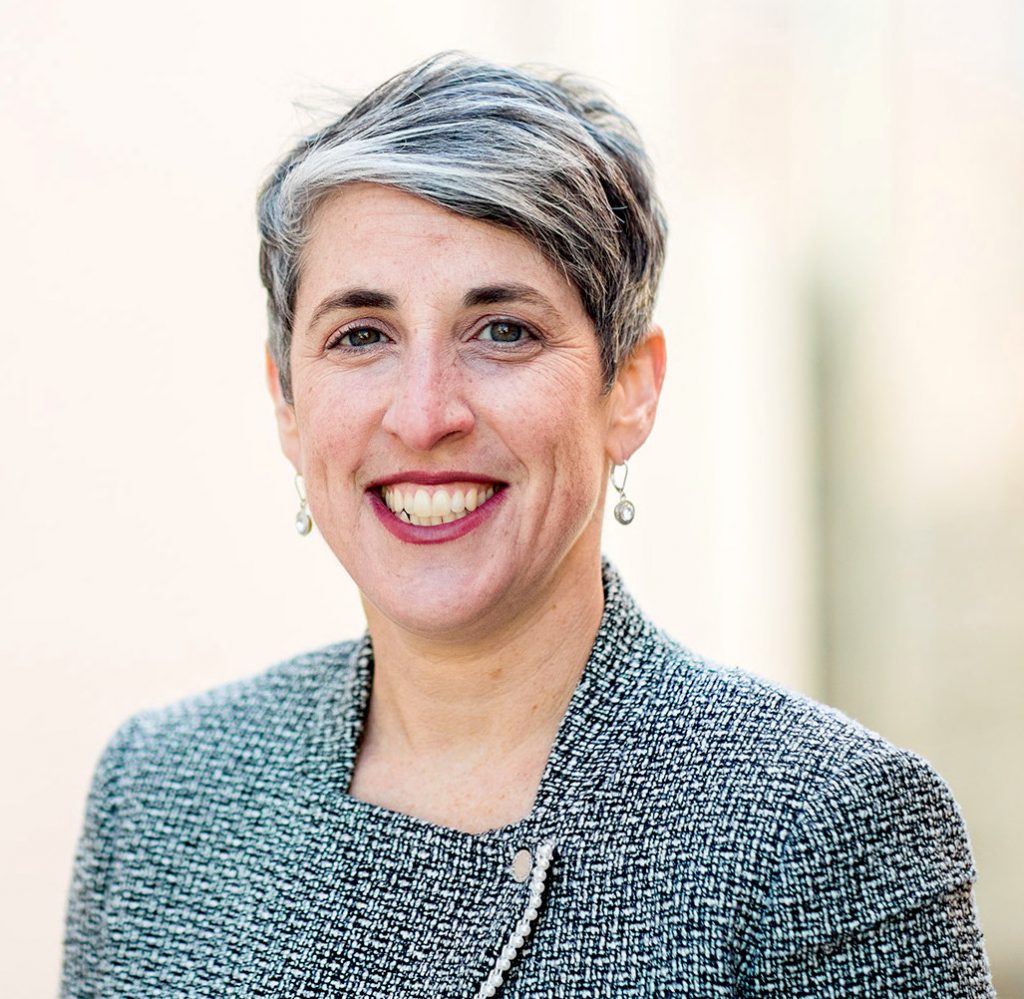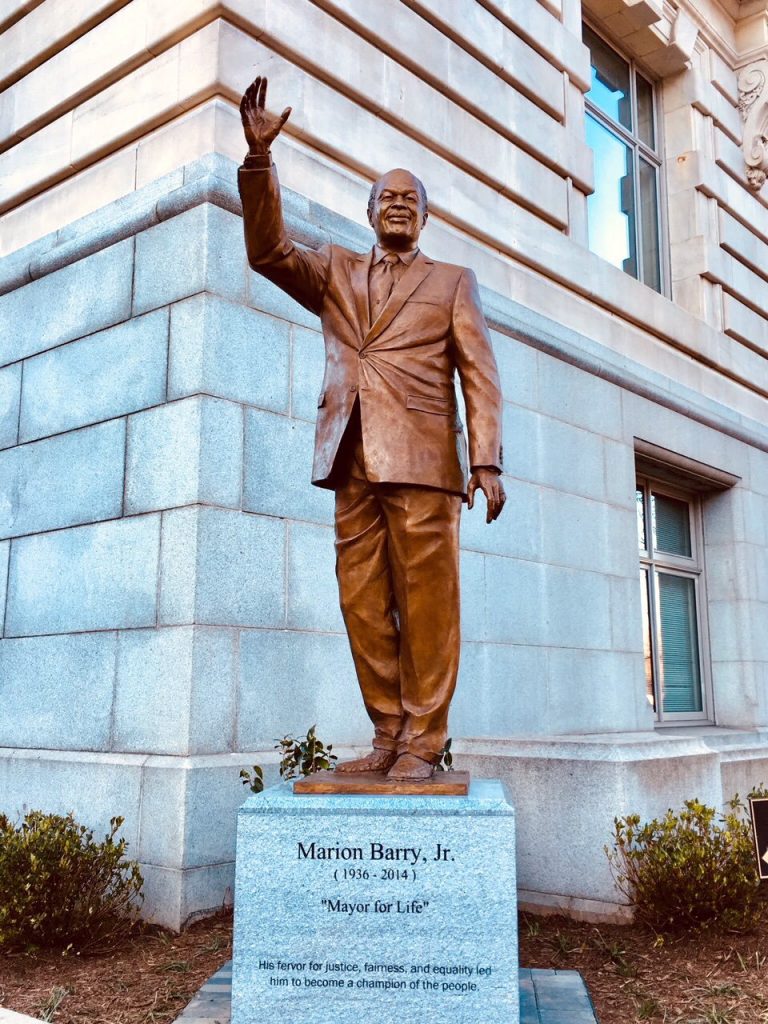
Council’s first-month introductions seek action on issues from poverty to taxpayer advocacy
From re-examining funding streams for at-risk students to limiting the spread of bedbug infestations, DC Council members are seeking to tackle an array of issues with their initial legislative introductions of the council’s 23rd session.
In January, council members also introduced bills that would set up a Commission on Poverty, create a taxpayer advocacy office, lay out special education rights, and rename 441 4th St. NW in honor of former Mayor Marion Barry, among other subjects. Here’s a sampling of the bills introduced at the council’s first two meetings of the year, held Jan. 8 and 22:
Establishing a commission on poverty
Ward 8 Council member Trayon White introduced the Commission on Poverty in the District of Columbia Establishment Act of 2019 with the backing of all of his colleagues. Too often, he said, DC agencies as well as the council do not hear directly from people living in poverty, in part due to bureaucratic procedures that favor people with flexible schedules and higher education levels. Incorporating the voices of those in need is vital to reducing inequities in areas such as health care, housing access and education, White said in introducing the bill.
“Clearly those in or near poverty in DC are in dire circumstances, and their perspectives need to be included in our everyday decision-making. It seems from most I’ve talked to that their conditions are getting worse,” White said. “Far too often those in poverty or near poverty are not at the table.”

With the help of an executive director and at least three other paid staffers, the commission would seek to reduce the poverty rate in the District, help people break out of the cycle of poverty, and ensure the government meets “the needs and interests of persons in poverty.” Tasks would include evaluating anti-poverty initiatives to gauge their effectiveness, including a look at the ramifications of race, class and bias on poverty.
“East of the river neighborhoods display a poverty rate that is nearly three times than the rest of the city,” White said, with new residents moving to wards 7 and 8 from other areas of the city due to the comparative affordability of housing. “In the wake of the government shutdown we are finding there are a lot of residents who may not consider themselves in poverty but are two checks away from needing public services.”
The new commission would have one appointee from each ward along with five at-large members who have lived in DC at least three years. At least five of the ward members would be people who are living below the federal poverty line or who have come out of poverty only recently; the at-large members would have experience in poverty-related policies or programs.
The bill was referred to the Committee on Labor and Workforce Development — chaired by at-large Council member Elissa Silverman — with comments from three other panels. White introduced an earlier version of the bill in March 2017 with support from five colleagues, including Silverman; the bill was never marked up despite a public hearing in November 2017.
Laying out special education rights
At-large Council member David Grosso joined with five colleagues to introduce the Special Education Rights for Youth Defendants Amendment Act of 2019, which would establish a panel of attorneys to represent adult special education students who appear in criminal court, to be funded through a grant from the District’s Office of Victim Services and Justice Grants.
Grosso’s bill builds off landmark federal legislation first adopted in 1975 — the Individuals with Disabilities Education Act (IDEA), which guarantees individuals under the age of 22 access to adequate and free public education. The DC Superior Court currently designates and approves panels of special education attorneys for children in family court proceedings, but there are no current provisions for adult students.
“Adult students that appear in criminal proceedings do not receive the same treatment even though they are owed special education and related services pursuant to IDEA,” Grosso said in his introduction. “This legislation will go a long way in helping ensure older students with special needs are adequately represented, and have a real opportunity to earn a high school diploma or GED and lead [a] more productive and successful life.”
The bill will move onto the Committee on the Judiciary and Public Safety — chaired by Ward 6 Council member Charles Allen — for review. Allen co-introduced the bill.
Sealing criminal records
Grosso also introduced the Record Sealing Modernization Amendment Act of 2019, along with five other council members. The bill would establish a process for the expungement of criminal records; expand the number of offenses eligible for record sealing to all convictions except the most serious felonies; and allow for the sealing of multiple convictions.
“At this point there is broad consensus that our criminal justice system has been dysfunctional for too long, resulting in too many arrests and convictions with racist consequences,” Grosso said in his opening statement. Citing a report from the Center for Court Excellence released in 2016, he pointed out that 96 percent of people sentenced to prison in DC are black.
Grosso, who first introduced the bill in 2017 with backing from three colleagues, said he hopes the legislation will pass this time. “[This] can help fulfill the promise to returning citizens, or even people who are arrested and nothing ever comes of it, that we support them and will not judge them forever for past mistakes,” Grosso said.
The bill was referred to the Committee on the Judiciary and Public Safety. Allen, the committee’s chair, co-introduced this year’s bill; he had not done so in 2017.
Creating a taxpayer advocacy office
At-large Council member Elissa Silverman introduced the Taxpayer Advocate Act of 2019 with seven colleagues. The bill would create the Office of the Taxpayer Advocate, a new, independent agency within the District government aimed at helping District taxpayers navigate the Office of Tax and Revenue.

Although Silverman noted that the Office of the Chief Financial Officer has a problem-resolution division and that the Office of Tax and Revenue has made strides in customer service in recent years, she said an independent entity could do more to help taxpayers navigate complex or lengthy tax issues. Similar taxpayer-advocacy models have proved successful in jurisdictions such as New York, Massachusetts, Virginia and California, she said.
“Paying taxes as we know is very important. … It is the price of a civil society,” Silverman said in her introduction. “It is not easy for any of us to part with our hard-earned money, but it shouldn’t [be] especially hard or maddening. … Every one of us on the dais receives numerous calls from residents and businesses with epic sagas about trying to pay taxes to our Office of Tax and Revenue. They end up throwing their hands in the air. It shouldn’t be that way.”
The bill was referred to the Committee on Finance and Revenue, chaired by Ward 2 Council member Jack Evans, who signed onto the bill as a co-sponsor.
Protecting neighboring properties from faulty construction
Silverman also introduced the Substandard Construction Relief Amendment Act of 2019, a bill that would protect homeowners who endure home damage as a result of substandard construction at a neighboring property. The bill — which has eight co-introducers and two co-sponsors — would require the contractor to either fix the damage or pay to have a contractor of the homeowner’s choosing make repairs.
“I’ve heard horror stories from District homeowners about cracked foundations, flooded basements, and years of battling contractors who refuse to takef responsibility for careless work,” Silverman said in her introduction. “Homeowners must have reliable protections against property damage.”
When Silverman first introduced the bill last February, it was referred to the Committee of the Whole, which held a public hearing but did not act on the measure. It was again referred to the Committee of the Whole, which is headed by Mendelson. He and Ward 4’s Brandon Todd were the only legislators who did not sign onto the legislation.
Preventing bedbug infestations
Ward 1 Council member Brianne Nadeau introduced the Bedbug Control Act of 2019, aimed at establishing a protocol to govern the removal of bedbugs. Grosso signed on as the sole co-sponsor.
During her introduction Nadeau pointed out that the District ranks second among U.S. cities for the number of bedbug infestations, according to one pest control company’s survey. The bill would require landlords to report any infestations to the Department of Consumer and Regulatory Affairs and to provide tenants a 12-month history of any prior bedbug infestations before the signing of a lease.
“Bedbugs pose a big threat to public health and cause physical harm through their bites,” Nadeau said. “Single dwellings harboring bedbugs can lead to apartmentwide infestations.”
The bill was referred to the Committee on Health — chaired by Ward 7’s Vincent Gray — and the Committee of the Whole.
Re-evaluating at-risk school funding
Ward 6 Council member Charles Allen and five colleagues introduced the At-Risk School Funding Transparency Amendment Act of 2019, which aims to shift authority over supplemental funding for at-risk students from the DC Public Schools central office to principals and school communities. The bill also would establish new reporting measures for DCPS and charter schools to make it easier to track the use of the funding and its effectiveness.
At-risk students are those who are homeless, are in foster care, receive Supplemental Nutrition Assistance Program (SNAP) benefits, or are not on track to graduate on time. In an attempt to narrow the persistent achievement gap visible in DC’s standardized test scores, the council established the at-risk funding system in 2013 to ensure DCPS and charter schools would be able to provide at-risk students with the resources necessary for them to succeed at home and in the classroom. Two years later, however, the council agreed — at the school system’s request — to shift spending authority from principals to the DCPS chancellor’s office.
Allen’s new bill would reverse the 2015 change. In his introduction, Allen highlighted his frustrations with the lack of transparency in how DCPS spends its at-risk funding. He also cited concerns about whether funds are being used as intended — to help close the achievement gap by “providing a level playing field for all students” — or instead are covering over unmet staffing needs at DCPS schools.
“It’s become difficult for parents, advocates and sometimes even the council to understand how these funds are being used,” Allen said. “This bill would help ensure our budget prioritizes students who … do not have the same opportunities that many other students in the District may take for granted.”
Under the proposed legislation, DCPS would need to include in its budget submission to the council detailed information and separate line items for at-risk funding in each school. Additionally, the chancellor would have to submit a detailed report to the council on how the at-risk funds were used to improve at-risk student achievement — a reporting requirement that would also apply to DC charter schools.
“Increased transparency will help us make the right decisions and ensure it’s getting to the students who need it most,” Allen said.
The bill was referred to the Committee on Education — chaired by Grosso — and the Committee of the Whole. The two panels share jurisdiction over most education-related matters under the council rules in place for the current two-year legislative period.
Neither Grosso nor Mendelson signed onto Allen’s bill. Though no hearing on the bill has been scheduled, the two committees did convene an oversight roundtable on Friday on the issue of “at-risk funding transparency” and invited testimony on the ideas in the bill.
Renaming 441 4th St. NW in honor of Marion Barry
Mendelson introduced the Marion S. Barry Building Designation Act of 2019 with all 12 of his council colleagues signing onto the bill, which would change the name of the DC-owned office building at 441 4th St. NW.

A statue installed last March in front of the Wilson Building at 1350 Pennsylvania Ave. NW honors Barry, but Mendelson said his contributions over many decades — starting in the lead-up to the adoption of the Home Rule Act in 1973 and continuing through the bulk of the ensuing 40-plus years of District self-governance — merits further commemoration.
“It is the only statue to an African-American on Pennsylvania Avenue, but it’s not enough,” Mendelson said.
The building often known as One Judiciary Square houses municipal offices such as the Office of the DC Attorney General and the DC State Board of Education. For more than a decade, it housed the executive branch’s top officials after then-Mayor Sharon Pratt deemed what’s now called the Wilson Building — DC’s historic seat of government — too run-down to use; the DC Council stayed put at the Wilson Building until 1997, when renovations there finally ensued and what’s now labeled the “Old Council Chambers” were installed on the ground floor of 441 4th St. NW. The mayor and the council returned to Pennsylvania Avenue in 2001.
In introducing the bill, Mendelson noted that the District government has honored others similarly, citing two examples: the John A. Wilson Building, long known as the District Building until it was renamed in 1994 for one of the District’s original elected council members, a civil rights leader and home rule advocate who represented Ward 2 for 16 years and was the council chairman at the time of his death in 1993; and the Franklin D. Reeves Municipal Center at 14th and U streets NW, which honors its namesake’s legacy as a lawyer and civil rights activist who helped desegregate schools nationwide and as the first African-American selected to serve on the DC Board of Commissioners.
The bill was referred to the Committee of the Whole, which Mendelson chairs.
Chris Kain contributed to this report.


Comments are closed.